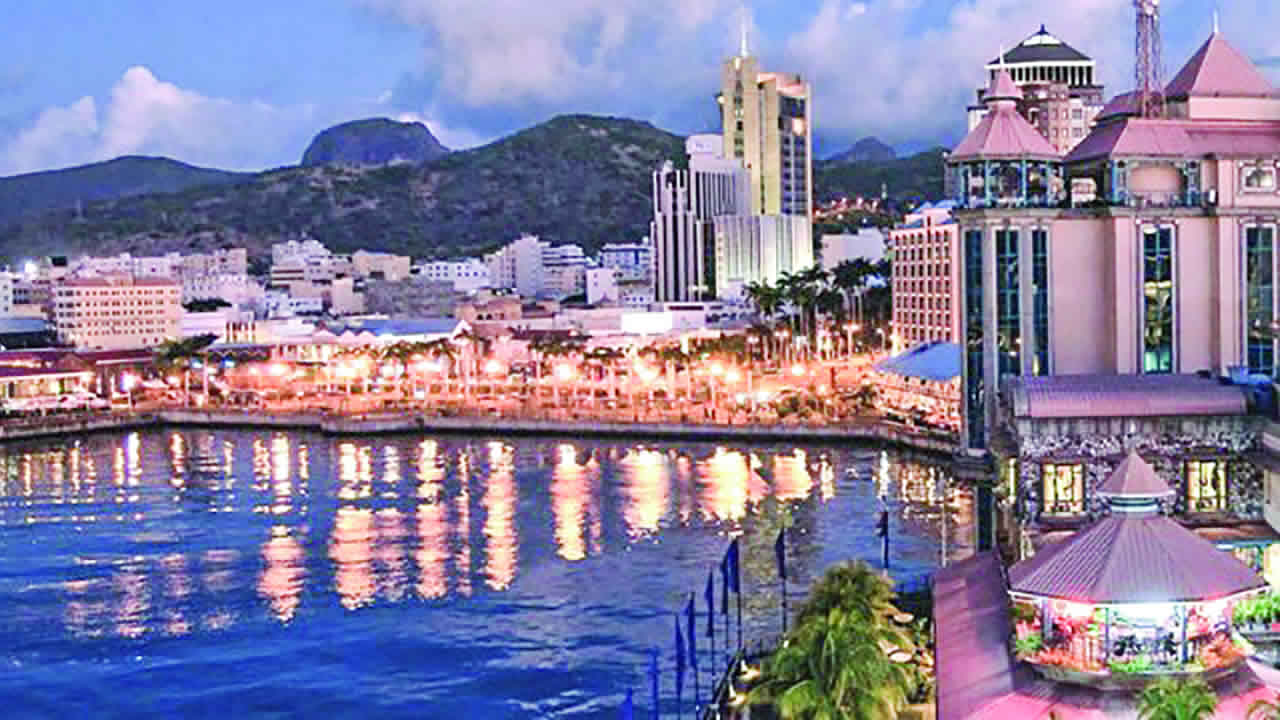
The Republic of Mauritius, a peaceful island nation located in the western part of the Indian Ocean, has been known for its uplifting sunshine and beautiful beaches. Apart from its tourist attractions, Mauritius’s history is also pretty interesting, and perhaps we could also draw some inspiration from the way the former British colonists governed the island.
Before it officially gained its statehood in 1968, Mauritius had remained a colony of the British Empire for 150 years.
Intriguingly, even to this day, French, rather than English, has remained the most commonly spoken language among Mauritians, not to mention that the vast majority of them tend to identify more strongly with the French than the English culture.
That’s because before becoming a British colony, Mauritius had already been colonized by the French for more than a hundred years. And Mauritius, because of its pleasant climate, quickly became one of the most beloved overseas colonies among the French people. And many French simply sought refuge on the island during wartime.
During the Napoleonic Wars, the British noticed the strategic importance of the island and invaded it in order to seize control of the Indian Ocean. After a series of large-scale sea battles, the French garrison eventually accepted defeat and surrendered to the Royal Navy.
Nevertheless, instead of trying to eliminate French influence in Mauritius, the new British colonists adopted a rather lenient and flexible approach to ruling the island.
They reached an agreement with the French ruling elites in Mauritius, under which they were allowed to retain their private properties and stick to their language as well as their existing way of life as long as they accepted British rule. The British also released all the French prisoners of law.
As a result, most French people were willing to stay in Mauritius and enjoy their high degree of autonomy as promised by the British. The British adopted such a policy on the defeated French ruling class in Mauritius not entirely out of political expediency, but also as part of their grand strategy. All London was interested in was to use Mauritius as a strategic outpost through which the Royal Navy could dominate the entire Indian Ocean.
Therefore, as long as the French ruling elites on the island were willing to accept British rule, fully cooperate and carry on with their business as usual, there was no point for London to disrupt the status quo or try to change the existing way of life among the Mauritians.
Besides, by allowing the defeated French ruling elites to continue to run the island without challenging British authority, London could substantially reduce the administrative costs of maintaining its hegemony in the Indian Ocean.
Moreover, by winning over the French ruling elites in Mauritius, the British could also have some leverage over France, since the French Mauritians were constantly at odds with Napoleon’s regime.
During the British colonial period, Mauritius saw the influx of hundreds of thousands of migrant workers from other British colonies, predominantly India. And today ethnic Indians account for nearly half of the total population of the island.
Interestingly, these Indian immigrants and their descendants quickly and eagerly integrated into the French culture of Mauritius. As a result, even though today many Mauritians who are holding important government positions are Indian by descent, culturally speaking they are more like French.
As we can see from the example of Mauritius, although the British didn’t “invent” the idea of “One Country, Two Systems”, the kind of flexibility as well as pragmatic approach with which they ran their former colonies in fact pretty much achieved the same effect.
And the kid-glove and lenient policy of the British towards the initial European occupiers of their newly conquered colonies did pay off: both the Boers in South Africa and the French in Mauritius eagerly pledged allegiance to the British monarch and served the British Empire well during the two world wars.
 J'aime
J'aime














